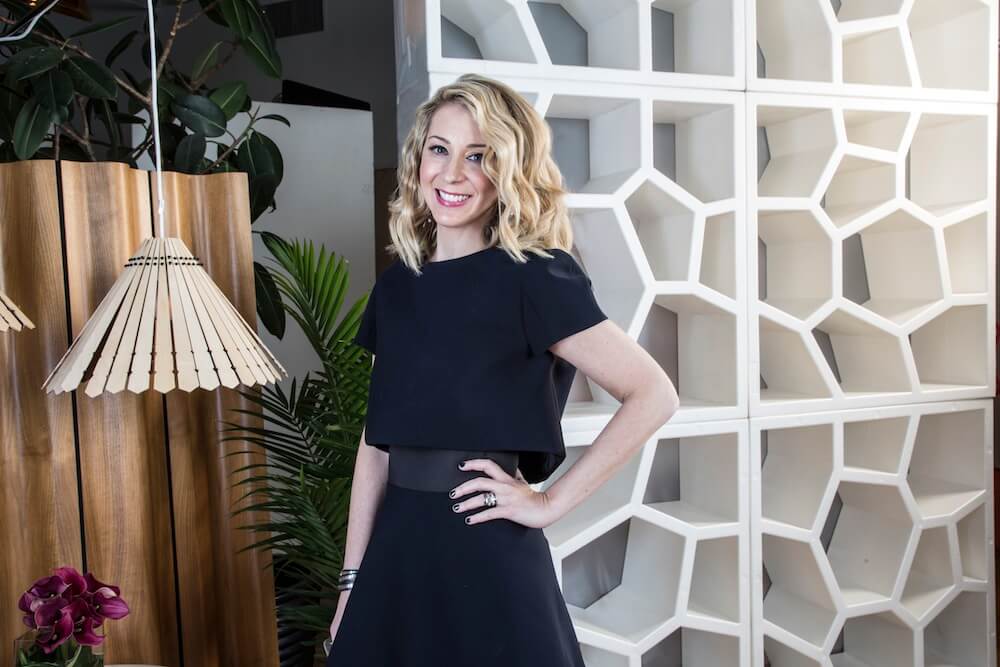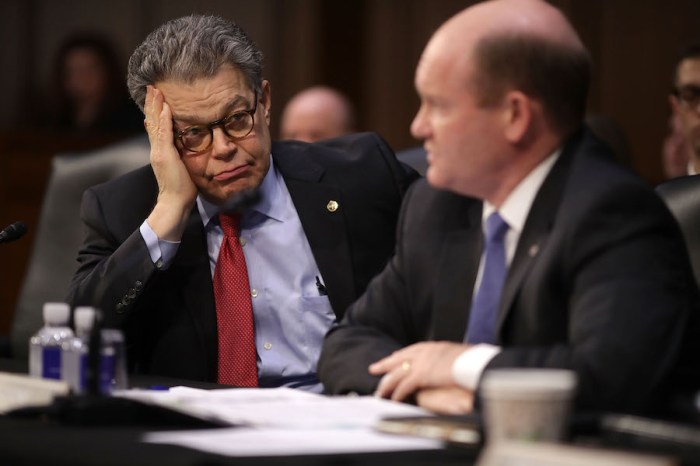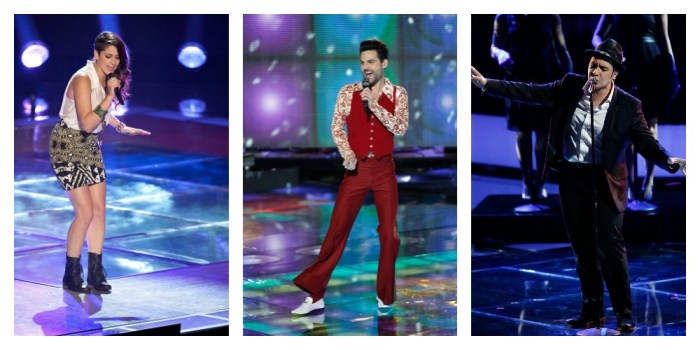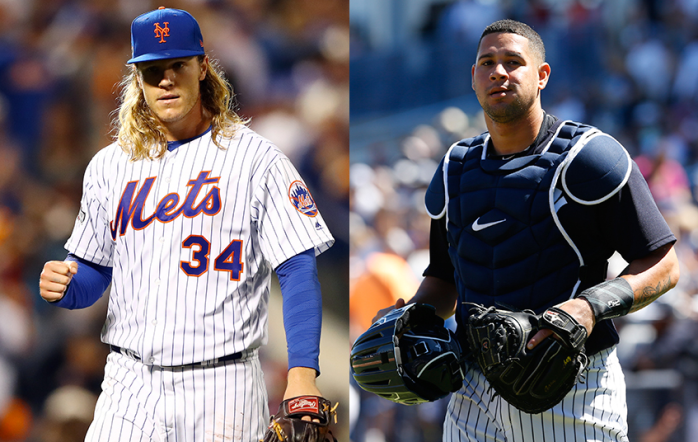Relationship expert and sexologist Dr. Logan Levkoff serves as an expert on the reality show “Married at First Sight” on FYI. The show sends two strangers down the aisle and follows them as they try to keep their marriages afloat; two of the three couples from the first season are still married more than one year later. Levkoff talked to Metro about one major issue she thinks is inhibiting healthy relationships: unrealistic expectations of sex and bodies.
You say that people today have unrealistic expectations of sex and bodies. Explain this to me. Are you talking about pornography? Mainstream media?
In general, we have these really glamorous expectations of what is sexy and what sex looks like and it’s not necessarily based in pornography – for example, people are having trouble with the fact that Amy Schumer is a size 6. Magazines gloss over the awkward, real moments as opposed to the sort of airbrushed moments. Also, I’m a realist in this space and I’m certainly a contributor to these magazines, but even the idea that there are great new sex positions is problematic – we’ve created this hierarchy at what it means to be good at sex. It’s the reason why we’re so unsuccessful in our relationships and pursuit of relationships; our expectations are grounded in fantasy. So what should be done to remedy the problem? How can people find love in a climate like this?
I think the first thing to remember is there’s no such thing as being good at sex or anything sexual. I think the best partners are those that ask good questions and listen to us and take our cues and create an environment in which both people’s pleasure is maximized. Slapping a funny name on a sex position doesn’t make it new – it’s probably been done since the beginning of time. It’s also about what works for you. There are things you have to try. If the typical fun stuff is working for you, then that’s great. I think this idea that we have to keep pushing, pushing and pushing – yes, experimentation is fun, but if we go into any encounter thinking there’s always going to be something better, then I think we’re bound for disappointment. Do you see this with people you work with?
Certainly with the groups I lecture to. I think they’re part of this media world – the best, the most advanced, the coolest – and when it comes to sex there’s really no such thing in those areas. This idea that one thing is great for everyone – that certainly doesn’t work when it comes to sex. Do you think this is a problem just with millennials?
No, I don’t think it’s a problem just with milennials, though certainly the information that millennials take in is quick and to the point. Nothing is black and white. There’s no way to come up with a list about sex without explaining what it really means and how this differs from person to person. How do you think online dating has contributed to this perception of idealized sex?
I think we should use every option available to us to find connection and love and sex if that’s what we want. If you want a connection, then why close down avenues available to you? The flip side of that is that the culture of these apps is there are these giant pools you swipe through really fast and I think two things happen – we’re sort of looking at someone’s picture and deciding whether or not something works for us and maybe it’s not really something we’re used to in terms of physical type. And more importantly, there’s an idea that if this person doesn’t work, there are 437 people who may work for me. The issue is always we don’t know what kind of relationship is worth working at because there’s this idea that there’s always more out there. We’re quick to run when an obstacle comes up because it’s easy to run instead of thinking about what’s worth working through and what are bigger deal breaker issues. Relationships aren’t meant to be easy. You mentioned Amy Schumer before and how people are criticizing her appearance. What does that say about sex and society?
I think if we have a public film critic that comes up saying a woman who, first of all is brilliant and sexy and sassy and has an amazing personality and can hang with girls and guys, and we’re saying that’s not sexy or a sexual being, that’s a really sad world that we live in. And just with respect to the fact that this is a woman who is a size 6 – still smaller than the majority of American women – then our expectations are totally screwed. We have completely unrealistic expectations about what women are supposed to look like, and by extension what women are supposed to be like. And how does that relate to sex?
When you’re looking for a connection, if you’re anticipating or you want only one certain type because that’s the only type we see as sexy, then our reality is going to be very disappointing because what we see as sexy is not really that in real life. Sexy means a lot of things to a lot of people and that doesn’t always mean what size clothes you wear. And how that translates to sex is if we think sex is supposed to be a certain way and do certain things, then that also sets us up for disappointment. Every encounter is different and every encounter has its own set of starting over and figuring out what you want and don’t want and not making assumptions. What’s your advice to people looking for a relationship?
I think it’s important to throw out the rulebook. There isn’t a right way to look and a right way to be; we end up not being satisfied on a number of levels because we don’t really speak up for ourselves. If we want to have meaningful encounters – whether that’s sex or a relationship – we really have to start speaking up for what we want and not what we think people want to hear. Tell me more about “Married at First Sight.”
The next season starts March 17. It’s a documentary series that asks what happens when four social scientists arrange blind marriages. It’s a very provocative look at what it means to be in a partnership. It forces everyone to be self-reflective. What’s the biggest lesson you’ve learned from working on the show?
I’ve learned how much we as human beings crave human connection with someone else. To do something as bold as this shows how much we seek connection with another person and proves that whatever we’re doing currently is not setting us up well for success. In addition, what I’ve learned through watching all of our participants’ experiences over the last year is we have some pretty particular ideas about what we want out of a partnership but we don’t always understand how that plays out in the real world. I think we have an idea of what our fairy tale is “supposed” to be, but we don’t ask ourselves “what does that really mean” and “what do I really want.” This interview has been edited for length.
How to find love: Stop looking for perfection

FYI


















